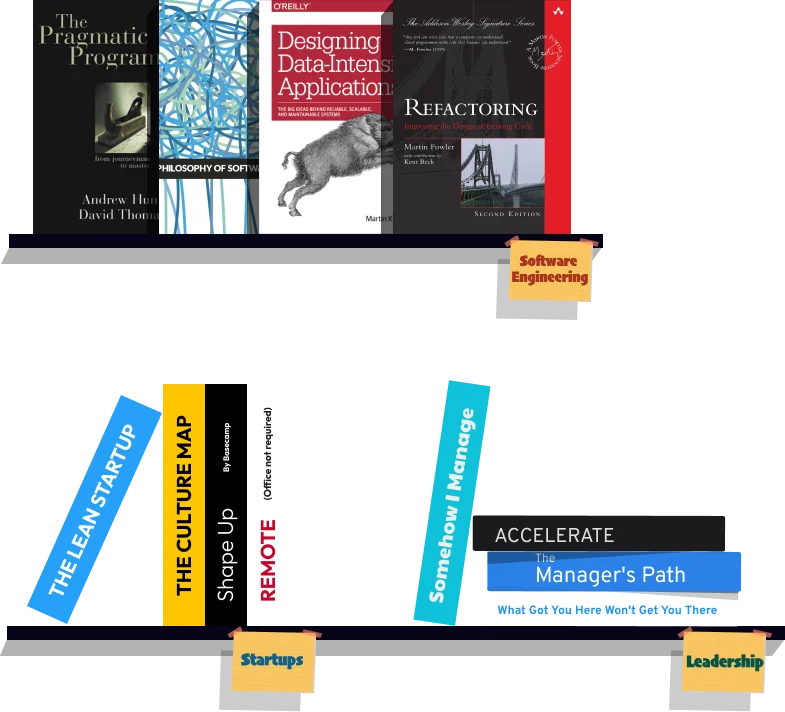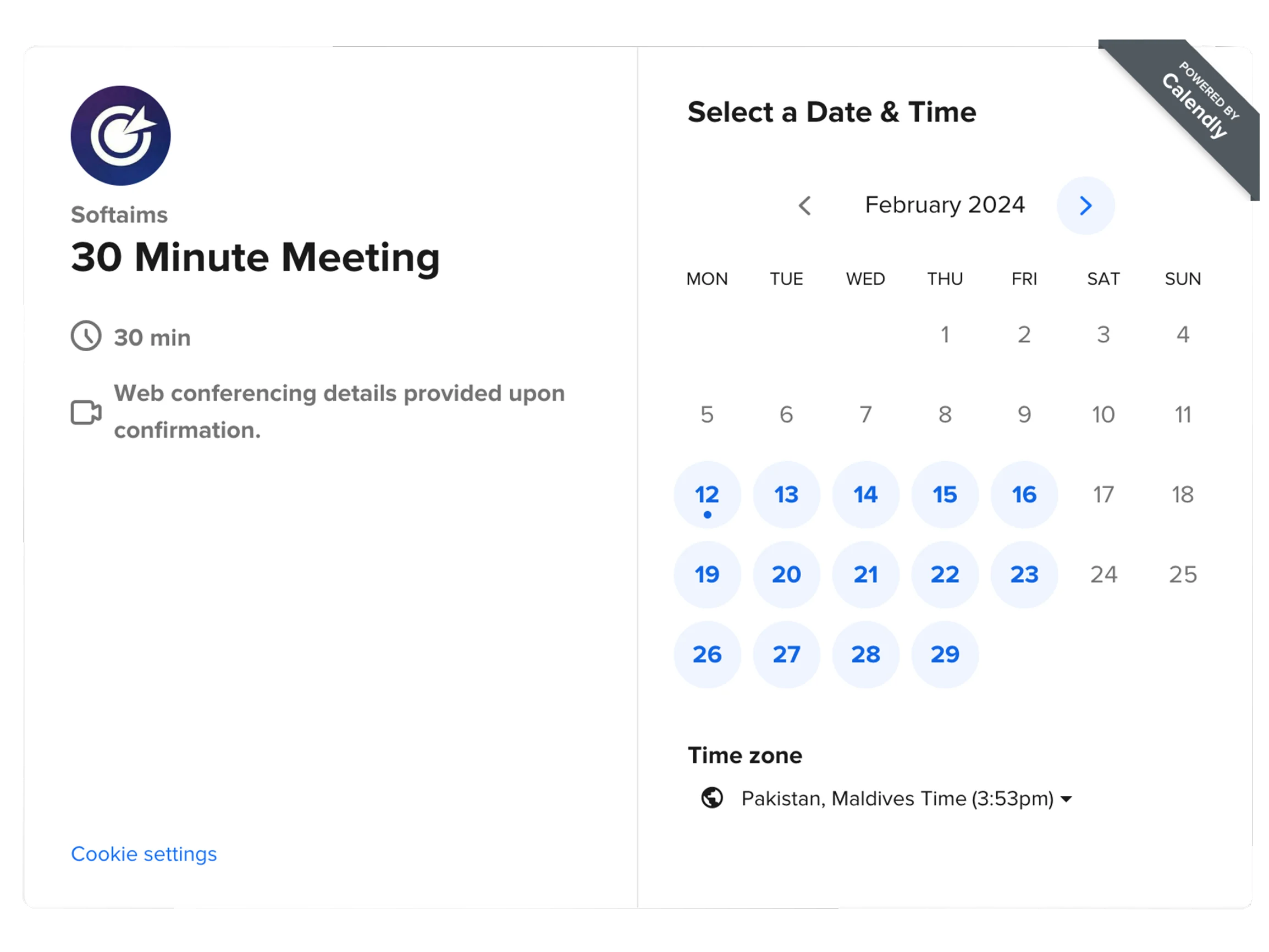The Critical Role of a DevOps Engineer
A DevOps Engineer is a pivotal role that bridges the gap between software development (Dev) and IT operations (Ops). They are the architects of the software delivery pipeline, focused on automating and streamlining the entire process, from a developer's code commit all the way to production deployment and monitoring.

Hiring a DevOps engineer is an investment in speed, reliability, and collaboration. They implement the tools and practices that allow development teams to ship higher-quality software faster, while ensuring the production environment remains stable, secure, and scalable. They are essential for any modern technology company looking to build a high-performing engineering culture.
Expertise in CI CD Pipelines
The core responsibility of a DevOps engineer is building and maintaining the Continuous Integration and Continuous Deployment (CI/CD) pipeline. A proficient candidate must have deep, hands-on experience with a major CI/CD tool such as Jenkins, GitLab CI, GitHub Actions, or CircleCI.
They should be able to create a fully automated pipeline that can build code, run a suite of automated tests, package the application into an artifact (like a container image), and deploy it to various environments. This expertise is fundamental to enabling rapid and reliable software releases.
Cloud Infrastructure Proficiency
Modern applications are built on the cloud, and a DevOps engineer must be an expert in at least one major cloud provider: Amazon Web Services (AWS), Google Cloud Platform (GCP), or Microsoft Azure. They should have a strong understanding of core services, including compute (e.g., EC2, VMs), storage (e.g., S3), networking (VPCs), and managed database services.
This knowledge allows them to design and manage cloud infrastructure that is scalable, secure, and cost-effective. They are responsible for provisioning the resources that the application needs to run, ensuring it can handle traffic spikes and operate with high availability.
Infrastructure as Code
To manage complex cloud environments in a reliable and repeatable way, DevOps engineers use Infrastructure as Code (IaC). A top-tier candidate must be proficient with an IaC tool like Terraform or AWS CloudFormation. This allows them to define their infrastructure in configuration files, which can then be version-controlled, reviewed, and automated.
By using IaC, they can create and tear down entire environments with a single command, eliminate manual configuration errors ("configuration drift"), and ensure consistency across staging and production. This practice is essential for building scalable and maintainable systems.
Containerization and Orchestration
Containerization has become the standard for modern application deployment. A DevOps engineer must have deep expertise in Docker, including writing optimized Dockerfiles and managing container images. They should understand how to package an application and all its dependencies into a portable, lightweight container.
Beyond single containers, they must be highly skilled with a container orchestration platform, with Kubernetes being the industry standard. This includes deploying applications to a Kubernetes cluster, managing their lifecycle with deployments and services, and configuring resources and networking.
Monitoring and Observability
Once an application is deployed, a DevOps engineer is responsible for ensuring it is running healthily. This requires expertise in monitoring and observability. They must be able to set up a comprehensive monitoring stack using tools like Prometheus for metrics, Grafana for dashboards, and the ELK Stack (Elasticsearch, Logstash, Kibana) or Splunk for centralized logging.
They should know how to implement alerting to proactively notify the team of any issues before they affect users. A strong focus on observability helps teams quickly identify, debug, and resolve problems in a complex, distributed production environment.
Scripting and Automation
Automation is at the heart of the DevOps philosophy. A proficient engineer must have strong scripting skills to automate repetitive tasks and glue together different tools and systems. Python is a very common choice for general-purpose scripting, while Bash scripting is essential for working in a Linux environment.
Whether it's writing a script to automate backups, manage infrastructure, or process log files, this ability to write code is what separates a true engineer from someone who just knows how to use tools. Automation reduces manual labor, minimizes human error, and frees up the entire team to focus on more valuable work.
Networking and Security Fundamentals
A DevOps engineer is responsible for the environment where the application lives, and this requires a solid understanding of both networking and security fundamentals. They should be comfortable configuring virtual networks, subnets, firewalls, and load balancers in the cloud.
On the security front, they should have a "security as code" mindset, automating security checks in the CI/CD pipeline and implementing best practices like managing secrets securely (e.g., with HashiCorp Vault or a cloud provider's secret manager). They play a crucial role in building a secure and compliant infrastructure.
Version Control with Git
In DevOps, everything should be treated as code: the application code, the infrastructure code, and the pipeline configurations. A DevOps engineer must therefore be highly proficient with Git and platforms like GitHub or GitLab. They need to manage various repositories and follow best practices for branching and code review.
Their work is central to enabling a collaborative "GitOps" workflow, where the Git repository serves as the single source of truth for both the application and the infrastructure. This disciplined approach is fundamental to a modern DevOps culture.
The DevOps Culture and Mindset
Beyond any specific tool, a great DevOps engineer must be an champion of the DevOps culture. This is a mindset focused on breaking down silos between development and operations teams, fostering collaboration, and embracing a culture of shared ownership and continuous improvement. They should be an excellent communicator and a natural problem-solver.
They understand that their role is not just about technology but about enabling people and processes. A candidate who can talk about how they improved collaboration and feedback loops within their team is a candidate who truly understands the spirit of DevOps.
How Much Does It Cost to Hire a DevOps Engineer
The cost of hiring a DevOps Engineer is among the highest in the tech industry, reflecting their critical role in an organization's efficiency and reliability. The salary is influenced by their location, years of experience, and their expertise with specific high-demand technologies like Kubernetes and Terraform.
Salaries in major North American and Western European tech hubs are typically the highest. The following table provides an estimated average annual salary for a mid-level DevOps Engineer to illustrate these global differences.
| Country |
Average Annual Salary (USD) |
| United States |
$140,000 |
| Switzerland |
$130,000 |
| United Kingdom |
$95,000 |
| Germany |
$92,000 |
| Canada |
$110,000 |
| Poland |
$70,000 |
| Ukraine |
$65,000 |
| India |
$50,000 |
| Brazil |
$60,000 |
| Australia |
$115,000 |
When to Hire Dedicated DevOps Engineers Versus Freelance DevOps Engineers
Hiring a dedicated, full-time DevOps engineer is essential when you are building and scaling a long-term, complex software platform. A dedicated engineer takes deep ownership of the infrastructure and release pipelines, continuously improving them as the company's needs evolve. This is a critical role for ensuring the long-term reliability, security, and scalability of your core systems.
Hiring a freelance DevOps engineer is a more tactical decision, ideal for specific, short-term projects. This could involve setting up an initial CI/CD pipeline for a new project, performing a security audit of your existing infrastructure, or getting expert help with a specific technology like a Kubernetes migration. Freelancers offer the specialized expertise needed to solve a particular problem without the long-term commitment of a full-time hire.
Why Do Companies Hire DevOps Engineers
Companies hire DevOps engineers to dramatically increase the speed and reliability of their software development lifecycle. By automating the build, test, and deployment process, DevOps engineers allow development teams to release new features to users much faster and more frequently. This increased velocity is a major competitive advantage in today's fast-moving market.
Beyond just speed, DevOps engineers are hired to improve system stability and resilience. By implementing Infrastructure as Code, robust monitoring, and automated testing, they reduce the risk of human error and ensure that production environments are reliable and can be recovered quickly from failures. Ultimately, they create a more efficient, collaborative, and less stressful environment for the entire engineering organization.
In conclusion, hiring a top-tier DevOps engineer requires a search for a multifaceted professional who is part automation expert, part cloud architect, and part cultural evangelist. The ideal candidate will combine deep technical proficiency in CI/CD, IaC, and container orchestration with a pragmatic, problem-solving mindset and a passion for collaboration. By prioritizing engineers who understand that their ultimate goal is to enable speed and stability for the entire organization, companies can build the powerful, automated foundation necessary to win in the modern world of software.



































